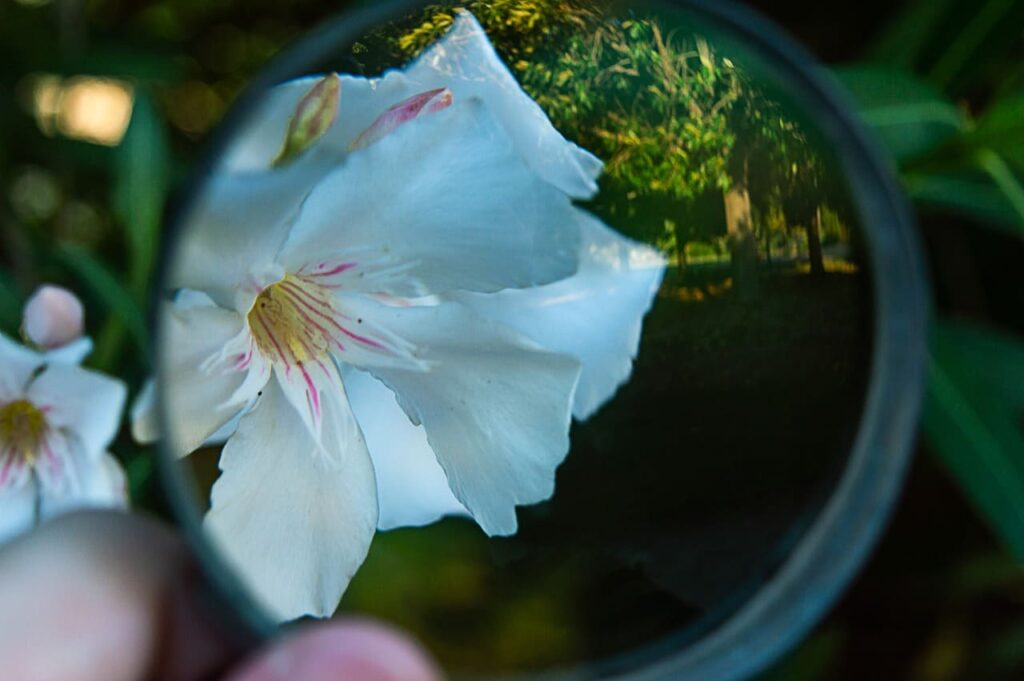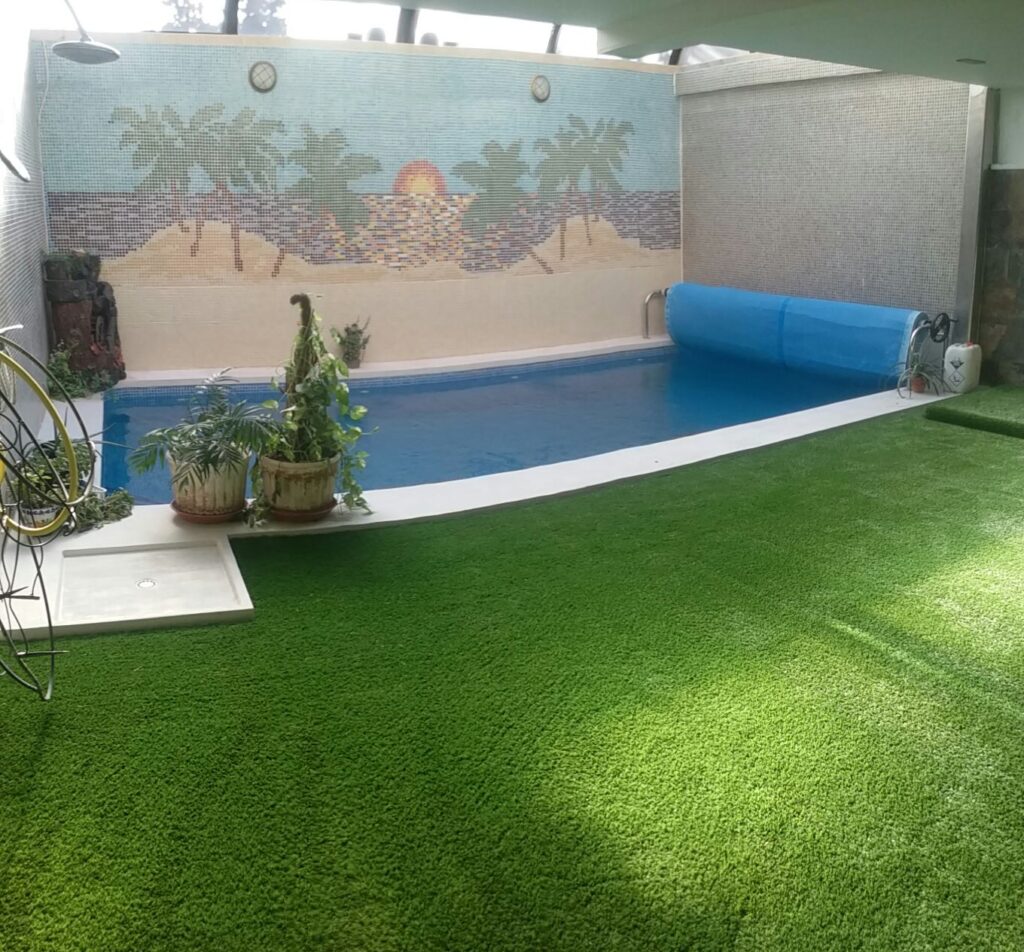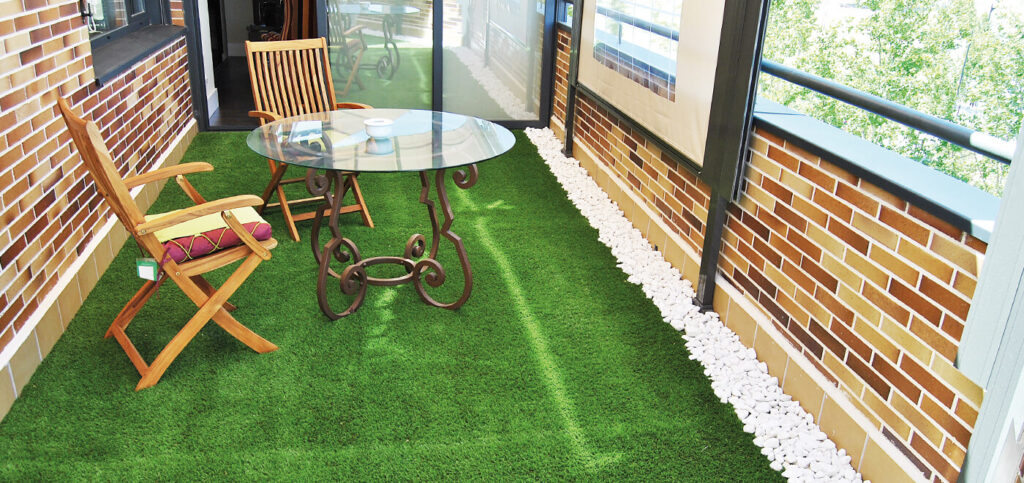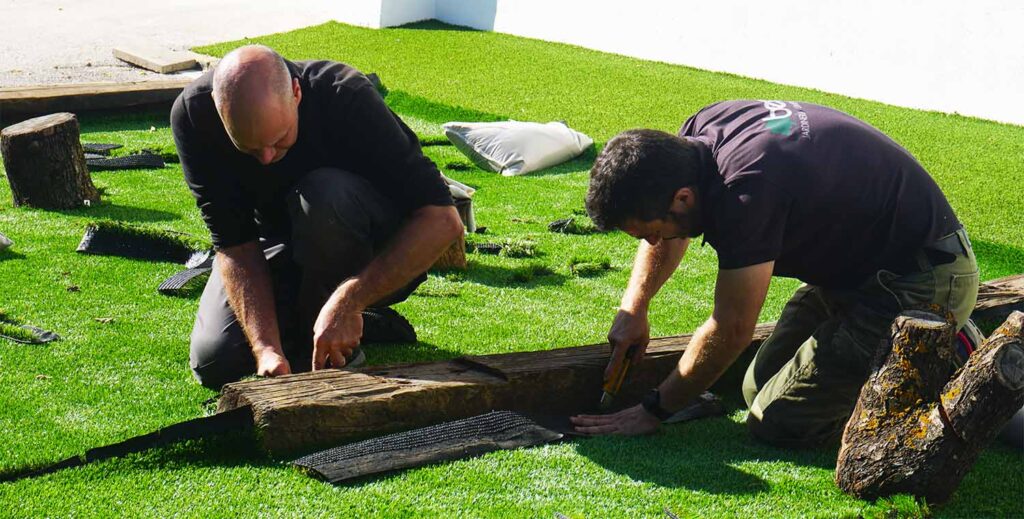In today’s article we talk about the most common pests that can affect your garden. We tell you how to prevent them and how to put an end to the problem if they have already appeared.
What are garden pests?
A pest occurs when living organisms appear suddenly and in large numbers, damaging the plant species in your garden.
The most opportune time for these pests to occur is the summer, when conditions of heat and humidity are favorable.
In addition to excess heat and humidity, pests can be caused by other factors such as: excess or lack of irrigation, deficient fertilization (either too much or too little), little variety in the crops or plants with little space between them that do not allow air to pass through for oxygenation.
How they affect your garden
When the plants in your garden suffer from a pest and you do not take measures to eliminate it, their health suffers and they may end up dying.
It is necessary to act as quickly as possible to minimize damage. Observation is key to detect the presence of a pest as soon as possible.
Bites on the leaves, the presence of insects, yellowed, wrinkled or fallen leaves are signs to watch out for, as they alert you to the presence of pests.
The most common garden pests
To help you detect the presence of pests in your garden, here are some of the most common ones.
- Thrips: they are small insects with a flat and elongated shape. They can be gray, yellowish or brown in color. As adults they have four hairy wings. They mainly damage plant buds and flowers.
- Aphid: it has an articulated beak that sucks the juices from the plant. It can be of different colors.
- Slugs or snails: feed on plant leaves.
- Whitefly: causes the appearance of a black fungus on the underside of the leaves.
- Spider mites or red spider mites: they are microorganisms very difficult to detect by the human eye. The presence of a spider web on the plant is a sign that it is suffering from this pest.
- Mealybug: warty in shape, nests in the stem and on the back of the leaves. It sucks the juice and deforms the plant.
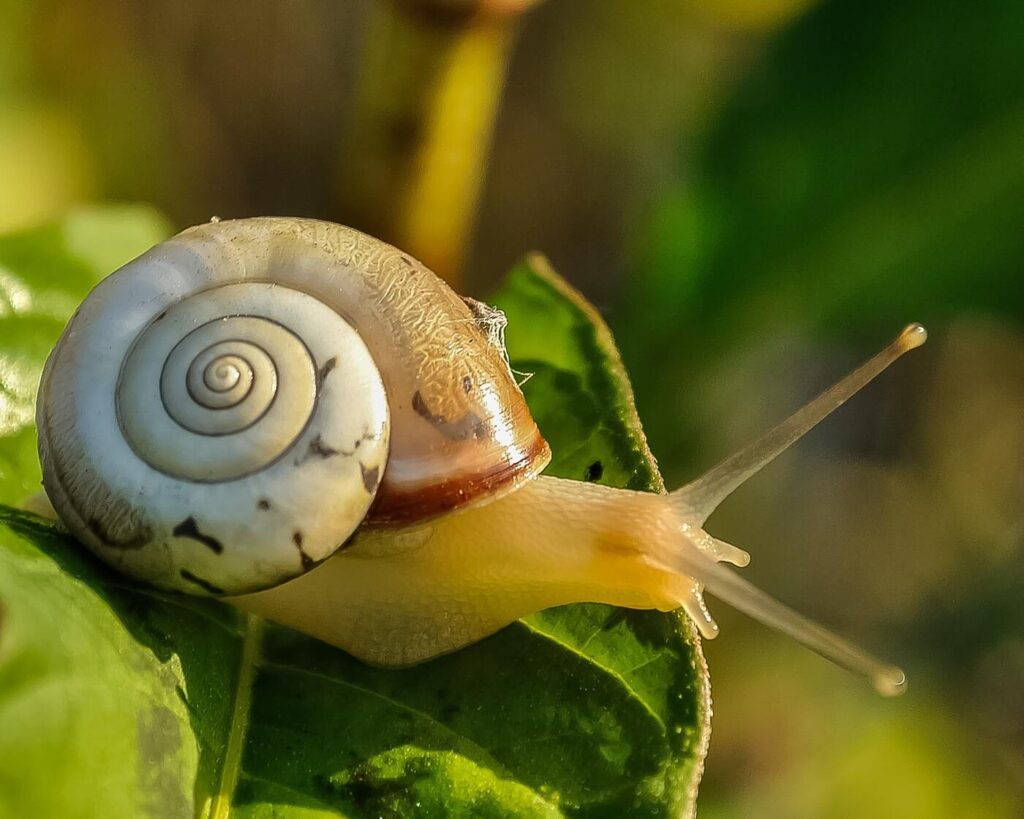
How to prevent them
The best way to prevent the presence of pests in your garden is to observe them daily and provide good conditions so that the factors that cause them do not occur.
Efficient irrigation and fertilization, good oxygenation, elimination of weeds and the cultivation of plants of different species are recommended practices for prevention.
Artificial turf, an ally against garden pests
Another way to keep your yard pest-free is to cover it with artificial turf. This type of synthetic grass is pest resistant. Insects are not attracted to artificial turf so your garden will not suffer from the dreaded pests.
Get rid of garden pests
In case it is too late for prevention and your garden is already suffering from a pest, it is necessary to act as soon as possible.
To get rid of garden pests you can use home and natural remedies, or treat with chemical pesticides.
Natural remedies
In the market you can find ecological pesticides that do not contain chemicals and are harmless to humans.
If you prefer, you can also make your own natural pesticides. Garlic, eggshells, cow’s milk, tomato leaves… all repel insects without harming the plants.
Use of pesticides
Chemical pesticides should be used with caution. You need to protect yourself with goggles, mask and gloves. Always follow the manufacturer’s or distributor’s instructions.
If you are in doubt, it is best to contact a professional gardener who can put a definitive end to each type of pest.

